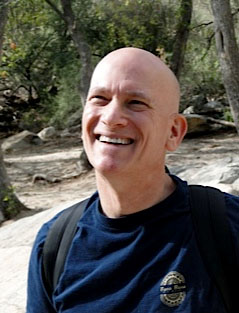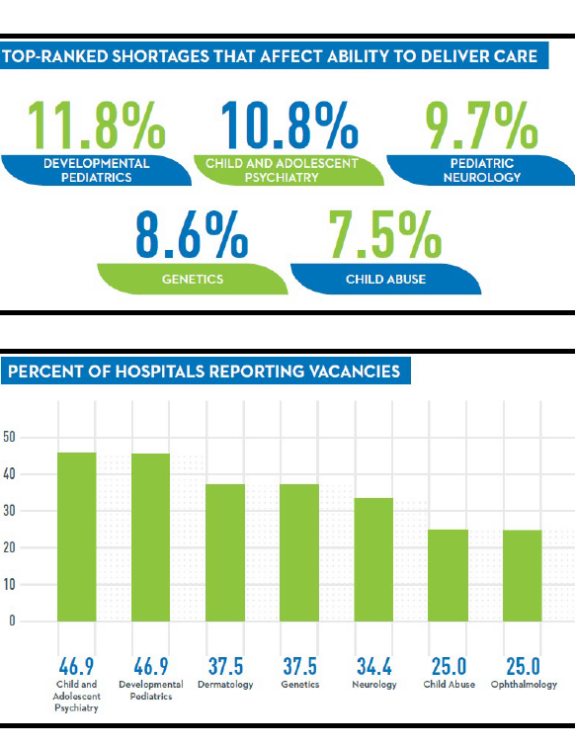In his 25-plus years as a child psychiatrist, Dr. Mark Edelstein has overseen mental health treatment and social services for some of California’s most troubled children.
Edelstein is medical director for EMQ FamiliesFirst, California’s largest nonprofit children’s services agency. Headquartered near San Jose, EMQ FamiliesFirst operates residential treatment programs, places children with foster parents and adoptive families, provides psychiatric and substance abuse treatment, and offers counseling and other social services to families in crisis throughout California.
“We see kids with very serious combinations of psychiatric and social difficulties, primarily in the Medi-Cal population. There’s never any doubt about the need for services,” Edelstein says. “We don’t work with the ‘worried well’.”
Edelstein and his staff work to keep children with significant mental health and behavioral issues in their community and out of jails and hospitals, an important task at a time when the rate of mental health-related hospitalizations of California children and youth is rising. Toward that end, EMQ FamiliesFirst focuses on providing “Wraparound” services to children and their families, incorporating school, child welfare and health professionals into its care management.
“We live in a world where a child or adult with a health condition of any complexity has to negotiate a terrible set of obstacles to get help,” Edelstein added. “One of the ways that we try to help with that is by using patient advocates, family partners and facilitators (to aid in care coordination), and that is really critical.”
Edelstein says that serving this population can be particularly challenging in California compared to other states. The biggest difference he’s seen is that public sector mental health services are provided individually by California’s 58 counties and are not centralized, as they are in some smaller states.
“Every county has its own forms and outcome data (that need to be reported),” Edelstein said. “For a foster kid from Santa Clara County to be in a foster home in San Mateo County is not really a big deal – it’s just next door – but there are lots of different regulations and differences over who’s going to pay for services for that kid.”
That’s becoming increasingly important because the payer for mental health and health care services will continue to shift as more Californians are covered under the state’s Medi-Cal expansion under the Affordable Care Act.
In addition, as more families get insurance coverage through Covered California, the state’s health exchange, EMQ FamiliesFirst is considering whether to provide services for private-pay clients. (Most of the nonprofit’s clients are covered by public-sector insurance.)
“We’re thinking about whether we want to make that part of our overall service portfolio,” Edelstein said. “There’s a very strong move toward integrating behavioral health and physical health services, but in a world where substance abuse treatment, mental health treatment and physical health treatment have been artificially separated, it’s not clear yet how those are going to come together.”


